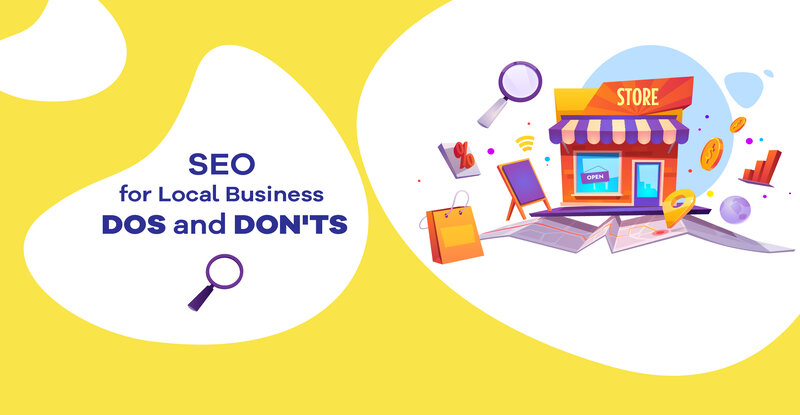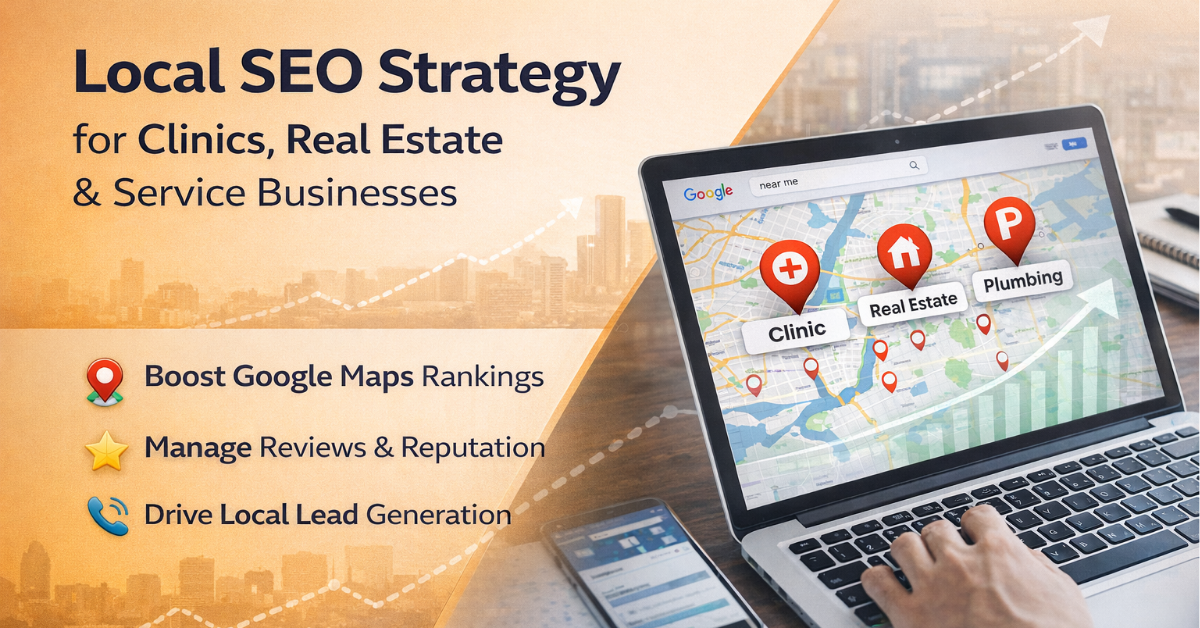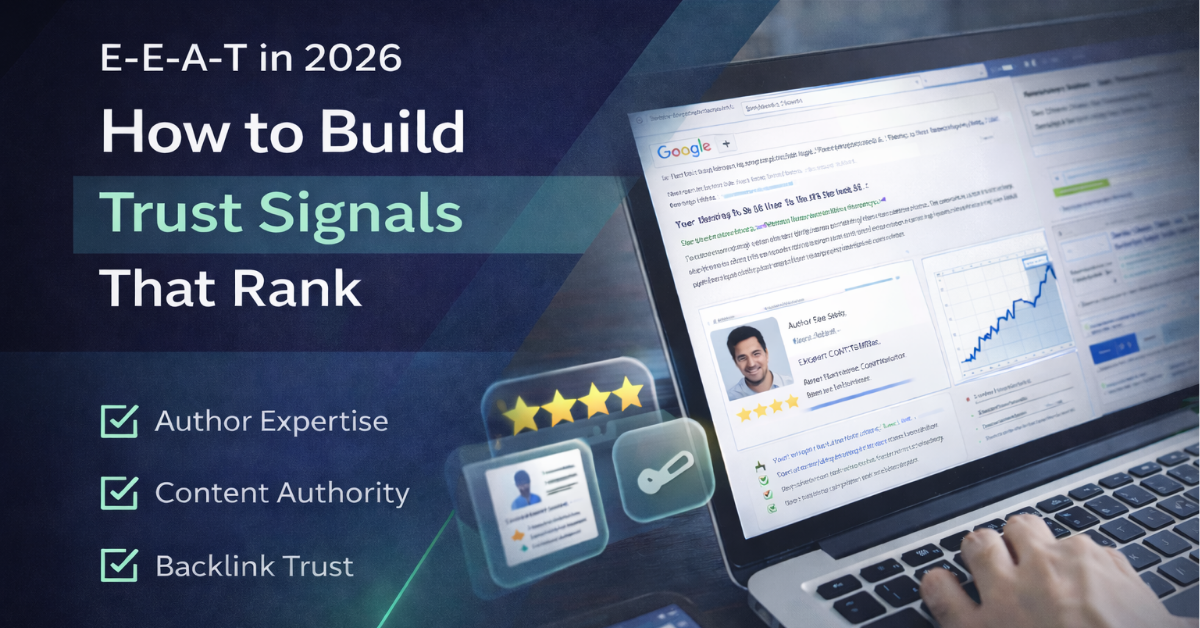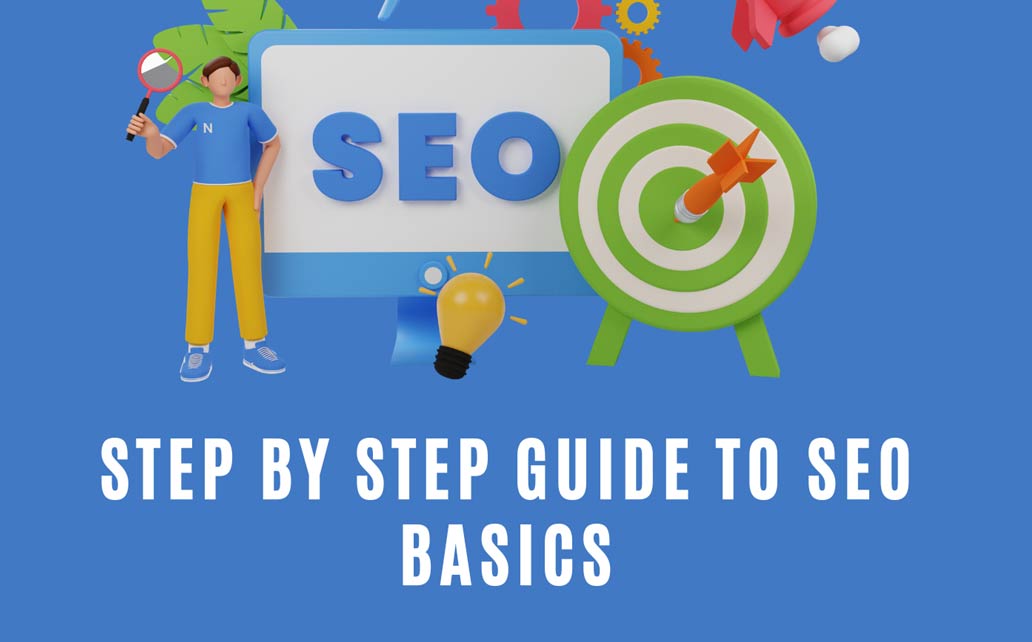Do you have a local business? Are you looking for your business website to rank at the top of search engines?
This article will share with you a few of the most important things that you can do to help your local business rank at the top of search engines and what to stay away from if you want to rank your business in front of potential new customers.
Want to produce good results by increasing website traffic, leads, and sales for your site? The short answer is SEO (search engine optimization). But there is more to it. If you want to do SEO well, you should be aware of what it is, how search engines work and how you can rank your website higher.
You’ve likely heard the term SEO before but aren’t sure how to use SEO for local business. But SEO is such a huge part of your online marketing strategy that it’s not something you can ignore.
What is SEO?
- SEO is a term used in marketing and advertising. It is the process of improving the visibility of a website or a web page in a search engine’s unpaid results—often referred to as “natural,” “organic,” or “earned” results—which are generally displayed as unpaid listings based on a combination of relevance and popularity.
- Search engines use algorithms to determine where a web page should rank in its search results. The goal of SEO is to improve those rankings so that your website gets more traffic from search engines.
- SEO can be done manually or by using automated software tools such as keyword research tools, backlink checkers, etc. It does not guarantee 100% success, but it will surely give you good results if done properly and for long-term benefits.
What is Local SEO?
Local SEO is a way to get your company’s website to rank for local keywords relevant to your business in the search results. It is all about getting your business ranking highly in a Google search for keywords related to your location or industry.
These rankings can be very valuable because they help people find you when looking specifically for businesses in their area.
Local SEO is a subset of SEO (search engine optimization). It aims to rank your website on a map-based search result when someone searches for your business’ name or address.
It also involves optimizing websites and content to be well-positioned for Google searches. Still, it goes further than that by focusing on making sure that your site appears first when someone searches for businesses near them.
When you perform local SEO, you’re changing your website to make it more relevant to customers in your area. In other words, you’re improving the experience for users who are actively seeking businesses like yours.
With such an important role in driving foot traffic to your store, you must understand how local SEO works and what you can do to optimize your site.
The first step is understanding the difference between SEO and Local SEO.
Difference between SEO and Local SEO
SEO refers to any tactics that help improve your website’s visibility in search engines like Google or Bing without paying for ads. This includes keyword research, on-page optimization, link building, and content creation.
Local SEO is one type of SEO that focuses on ranking locally relevant results at the top of search engine results pages (SERPs). As opposed to general keywords that anyone could use around
In the former, your website will be ranked higher in search engines for general keywords, whereas in the latter, your website will be ranked higher for specific locations.
SEO is one of the most important parts of a local SEO strategy. There are tons of different SEO strategies out there.
But there’s one that works best for local businesses: Local SEO is different from general search engine optimization (SEO) because it uses the fact that people are looking for local businesses when they’re in their area.
You might think this means you can create an account on Yelp, add some photos and reviews, and be done with it. That will get you started, but there are several other necessary steps you need to take to succeed at local SEO:
To help you with this, we’ll discuss the dos and don’ts of SEO, how to get started and why it’s essential for local businesses.
SEO for Local Business – Dos and Don’ts
DO:
1. Create a Google My Business page
The first step in any local SEO campaign is creating a Google My Business page. This allows you to add all the necessary information about your business and appear on Google Maps and Google Search results, including phone numbers, addresses, photos, etc.
2. Create location-based landing pages
Do use location-based landing pages to target specific locations. If someone searches for “restaurants near me,” you want the best results possible, so create a page with that exact title that targets only those users who searched for that term, not just anyone who sees it when they’re browsing online.
3. Optimize page titles and meta descriptions for local keywords
Local search engines like Yelp, Google Places, and Yahoo! Local rely heavily on page titles and meta descriptions to determine whether or not a page should be included in their results. These pages must include relevant keywords that help users find the content they’re looking for — like “Orange County SEO.”
4. Add NAP & Map Details to the Footer of Your Site
There are many things you can do to make your website more visible on Google. One of the most important things is to add your business name, address, and phone number (NAP) in the footer of your site.
It’s easy for people who visit your site to find this information, but it’s also important for search engines. The NAP helps them understand who you are and where you’re located. This information should be consistent across all of your websites and listings.
For example, if you own multiple restaurants in one city, they should have the same NAP listed on their websites and social media accounts. This makes it easier for people looking for your business to find you when they search online.
DON’T:
1. Overlook online reviews
- The first step to local SEO is getting your business listed on Google, Yahoo, and Bing’s search engines. After that, you need to ensure that your website is optimized for mobile devices and has a map location.
- It’s also important to have reviews from customers on Yelp, Google Places, and other review sites. Don’t overlook social media platforms like Facebook and Twitter, too. They’re great ways to connect with customers and get their feedback about your business.
- Be prepared to interact with customers online if they ask questions or leave comments about your product or service. You don’t want angry customers talking about bad experiences with other people in the community — it can cost you business!
2. Forget to build citations
First and foremost, don’t forget to build citations! Citations are one of the most important factors in local search, so include your business name, address, and phone number on as many websites as possible.
3. Overload your content with keywords
When it comes to local SEO, there are a few things that you don’t want to do. One of the biggest no-nos is overloading your content with keywords. This can harm your rankings rather than help them.
4. Publish Unnatural Links on Local Websites
The best way to ruin your local SEO is to publish unnatural links on local websites. This includes submitting articles with embedded links or creating links on pages unrelated to your business. Make sure that the links you publish are relevant and useful to your target audience.
Everything indeed becomes more competitive over time in the professional world of search engine optimization (SEO). Drive your local business to the top of the search results by embracing these local SEO dos and don’ts.
While there are similarities between local and regular SEO, we recommend that you don’t use your existing website for local targeting. This is because most of the content on your site will not be relevant for local searches, so it’s best to create a separate website just for your local marketing efforts. Increase your results by leveraging Digital Catalyst.
Digital Catalyst is a company that provides the best local SEO services. We are experts in helping businesses to rank higher in local search results. This can be done by optimizing your website and creating and submitting business listings to online directories. As a result, more people will be able to find their business online, leading to increased sales.
Claim your business page and optimize it for keywords related to your business with the help of our experts. For more details, visit our website.
To Contact us: 9849037822 or Email us: deepak@digitalcatalyst.in.
SEO for Local Business FAQs
Why is local SEO important for a small business?
Local SEO is critical for small businesses as it allows them to compete with large companies by appearing on local search results. It also helps get in front of local customers who want to buy products and services from them. It also helps drive traffic to their website, which ultimately converts to more leads or sales.What are the key elements of local SEO?
The key elements of local SEO include the following –- Optimizing for google my business
- Improving internal linking structure
- Encouraging and managing online reviews
- Maintaining a strong online presence on social media
- Creating local content





1 Comment
Great read! Your insights on using Google My Business and local keywords are spot-on. Avoiding keyword stuffing and duplicate content, as you highlighted, is equally important. Thanks for the practical and actionable tips!